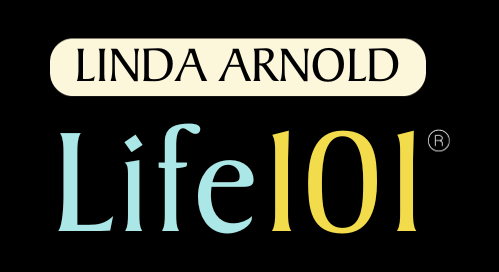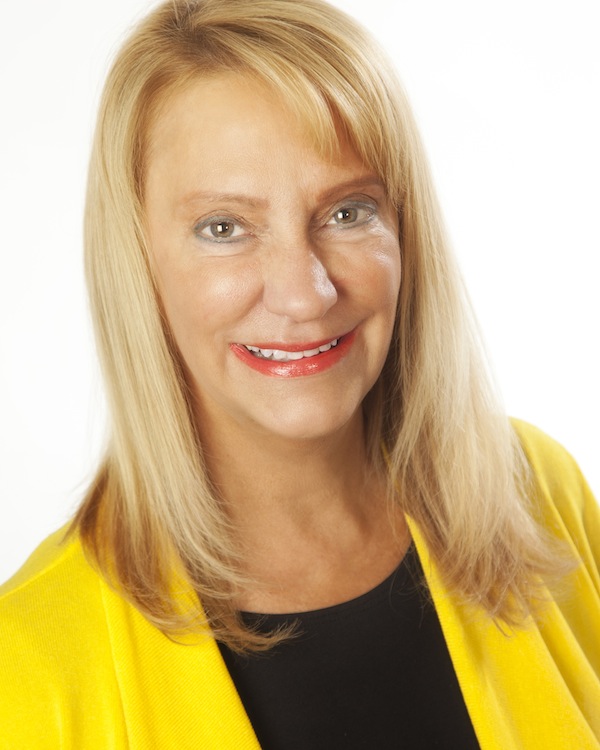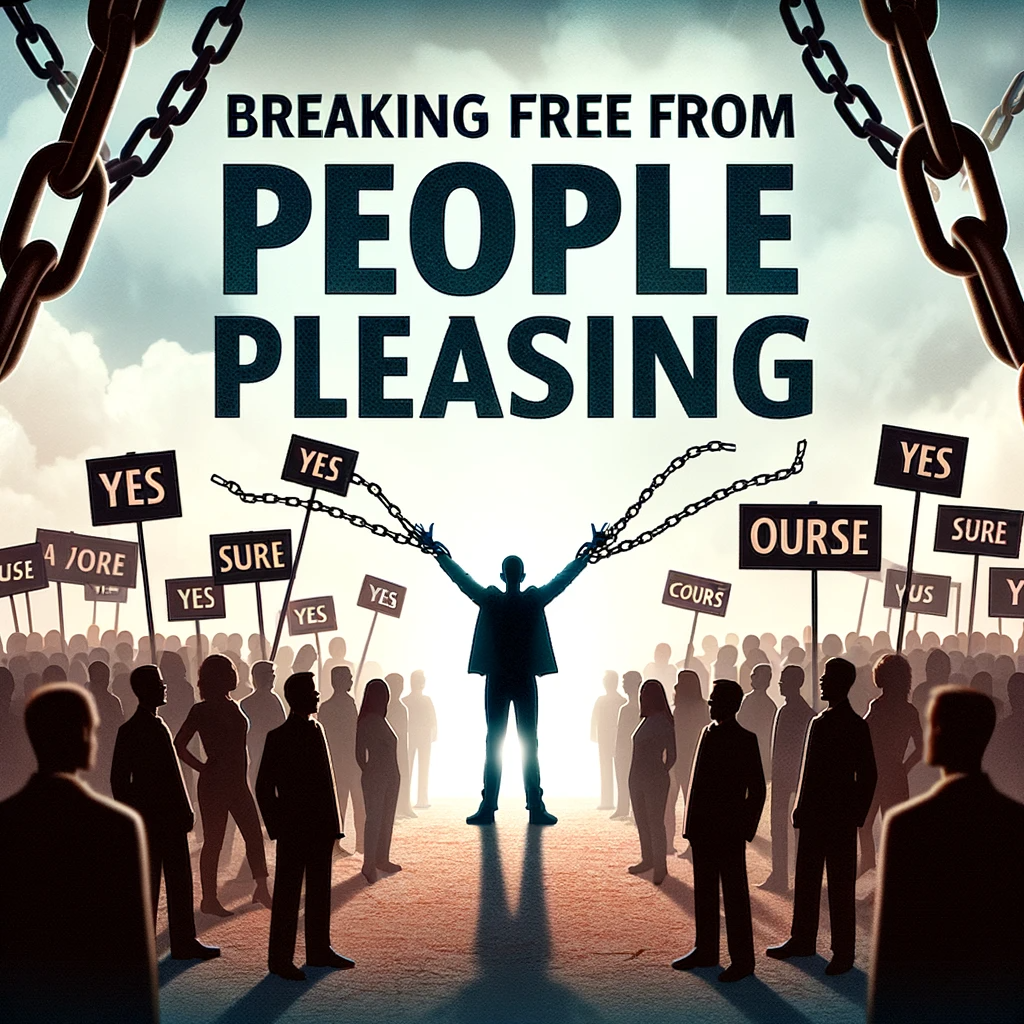Do you worry too much about what other people think?
Before you make a decision, do you run multiple scenarios through your head – to gauge how others will react? Does your happiness depend on others liking and approving of you?
Ding, ding, ding. If so, you may be among countless others who live this way. You’re a people pleaser.
What’s Wrong with Being Nice?
Of course, being nice is an admirable trait. When you totally give yourself over to others, though, it can become toxic:
- You lose your own sense of who you are – and what you want.
- You become silently resentful.
- Your health may be compromised because you’re always overcommitting and putting others first, resulting in stress and anxiety.
- You’re a target for others to take advantage of you.
Approval Addiction
When you think about addictions, you likely think of alcohol, drugs, nicotine or gambling. There’s one addiction that’s much more widespread, though.
My colleague, Dr. Margaret Paul, is a psychotherapist, trainer and author of multiple books, including, Do I Have to Give Up Me to Be Loved by You? “In my experience as a counselor for 40 years,” says Dr. Paul, “I’ve found that approval addiction is far more prevalent than any other substance or process addiction. We live in an approval-addicted society.”
If this sounds familiar, you may want to acknowledge you have issues in this area. An addiction is something that controls your behavior. You may not even realize you’re giving your power away.
Until you can accept and approve of yourself, though, no amount of approval from others will keep you secure. As Dr. Paul points out, “Approval addicts often live life on a roller coaster of feelings – from getting the wonderful love “fix” to feeling the despair that comes when your ‘supply,’ – the source of your love and approval – goes away.”
Why Am I Doing This?
People pleasing can be a downward spiral that results in your being treated like a doormat. Psychotherapist and author Ilene Cohen explains her former challenges with people pleasing: “I didn’t know where other people ended, and I began. My decisions were based on what would make other people happy.”
Dr. Cohen points out that doing too much for others can hurt, rather than help, a relationship. “When you do too much for others, you over-function in your relationships, which inevitably leads others to under-function.” This is where control issues and codependency enter in.
Tragedy and Comedy
Author Brian Pennie hits the nail on the head by relaying a story about Whitney Cummings, a highly successful comedian from Los Angeles. Whitney produced her own comedy show called Whitney. During this time, Pennie explains, Whitney was plagued by the toxic habit of people pleasing.
“I was so apologetic and afraid of people not liking me, that … I slowed down the writing process and confused employees,” Whitney said. “In the room, people would pitch jokes and I would say ‘yes’ to all of them – because I didn’t want to hurt anyone’s feelings. I’d have to go later and change them — and then the script came out, and their jokes weren’t there. They felt betrayed and lied to.”
Why Is It So Hard to Say “No?”
First of all, it’s helpful to look at your “why.” By stepping back and saying “no” to what’s not important, you’ll have more time for what is, says Pennie. That includes relationships, hobbies and your health. Your ability to deliver – at home and at work – will increase tenfold. Time is one of your most valuable resources, continues Pennie, and you can’t get it back when you continually give it away.
These patterns didn’t develop overnight, and they won’t go away overnight. Here are some steps, though, to help you make healthier choices.
- Try journaling.
Free form writing can help to get your thoughts out — for your eyes only. Often, this trait is rooted in old patterns of fear of rejection. While this behavior may have served you well at an earlier point in life, you can make healthier choices now.
- Don’t overexplain.
Try using some objective statements the next time you feel pulled into a situation and would rather opt out. “I have so much on my platter right now, and it won’t work for me to get involved with this project.” “I just don’t have the bandwidth right now to take that on.”
- Buy some time.
Rather than immediately saying ‘yes,’ simply say, “Let me check my calendar and get back with you.” This gives you time to reflect and make the right decision, rather than having a knee-jerk reaction.
- Decline with gratitude.
“I appreciate the opportunity. I’m just maxed out right now.”
- Offer another solution.
“Although I’m not available, I’ll check to see if I have any recommendations for you.” Be sure to follow up on this, though, to let them know if you’ve discovered any other resources – or not.
The more you practice these, the more comfortable you’ll get at valuing your own time. You may even find there’s not as much pushback as you think. Often, we create scenarios in our minds that turn out to be worse than the actual situations.
Helpful Resources
Here are some additional resources to shed more light on the subject:
- Inner Bonding courses, seminars and books by Dr. Margaret Paul. innerbonding.com
- Love Yourself Like Your Life Depends on It, a short book by Kamal Ravikant that underscores the value of getting your strokes internally, rather than craving them externally.
- “The Art of ‘No,” an article by Robin Bernstein, a professor at Harvard University who has struggled with saying ‘no.’
- The Tribe of Mentors, a book by business author Tim Ferris. Ferris asked 130 of the world’s top performers how they’ve become better at saying “no.”
- Call of the Soul, a book that helps you to distinguish whether your actions are coming from your ego or your soul.
As Shakespeare put it, “To thine own self be true.” And, as author Paulo Coelho emphasizes, “When you say yes to others, make sure you’re not saying no to yourself.
©2020 Linda Arnold Live Life Fully, all rights reserved. Linda Arnold, M.A., M.B.A., is a syndicated columnist, psychological counselor and founder of a multistate marketing company. Reader comments are welcome at linda@www.lindaarnold.org For information on her books, go to www.lindaarnold.org/books or Amazon.com


